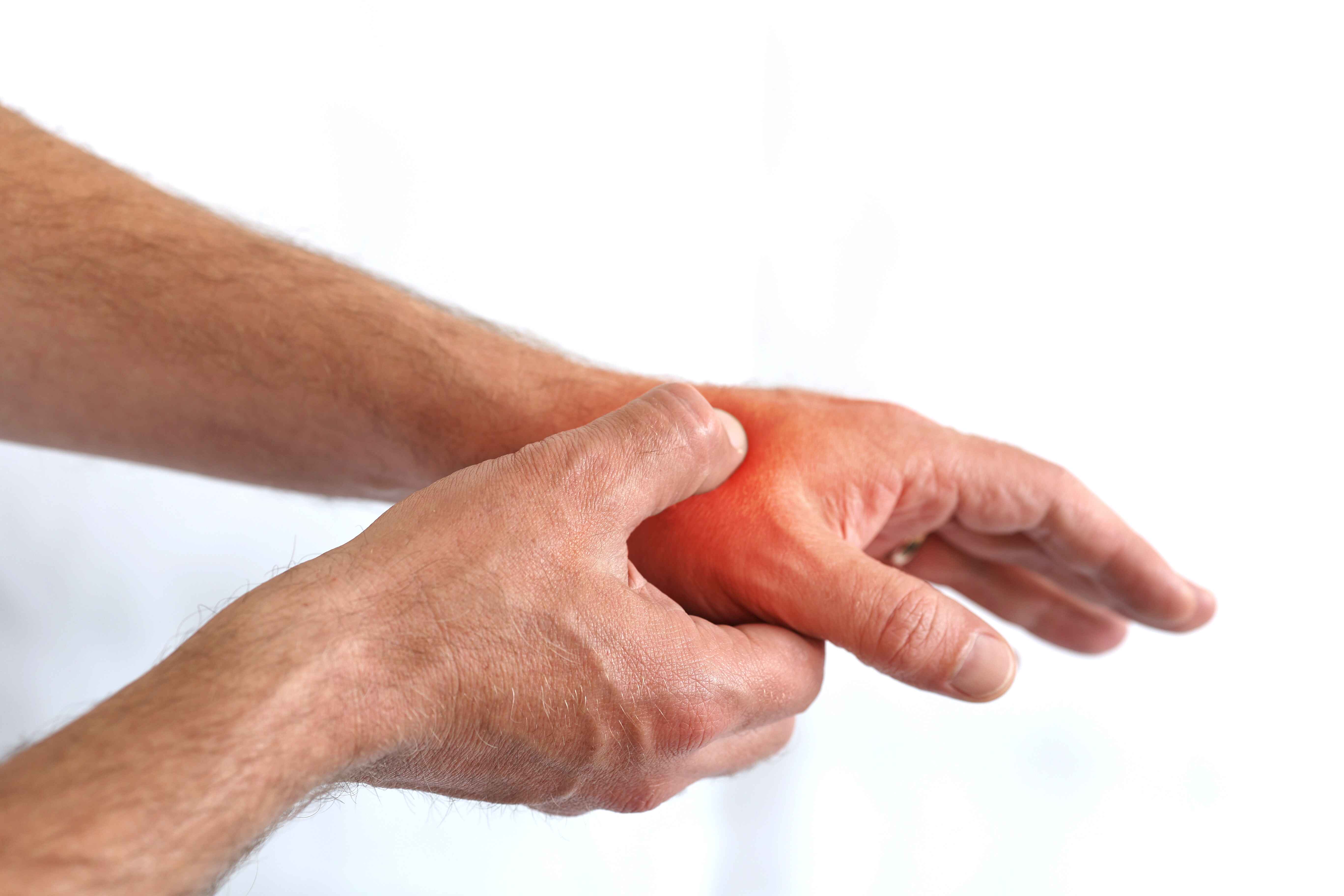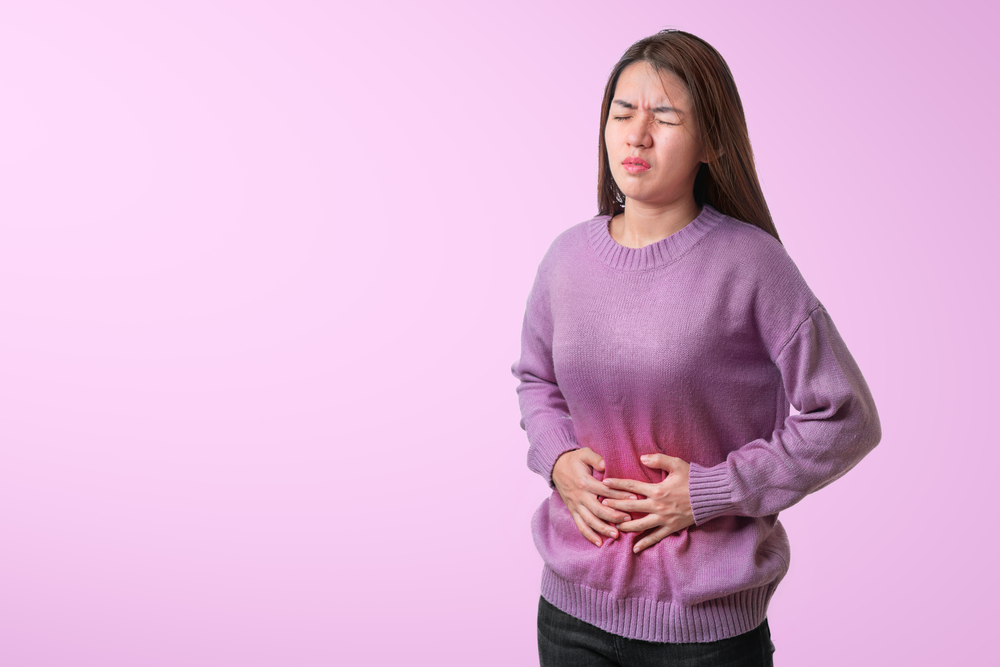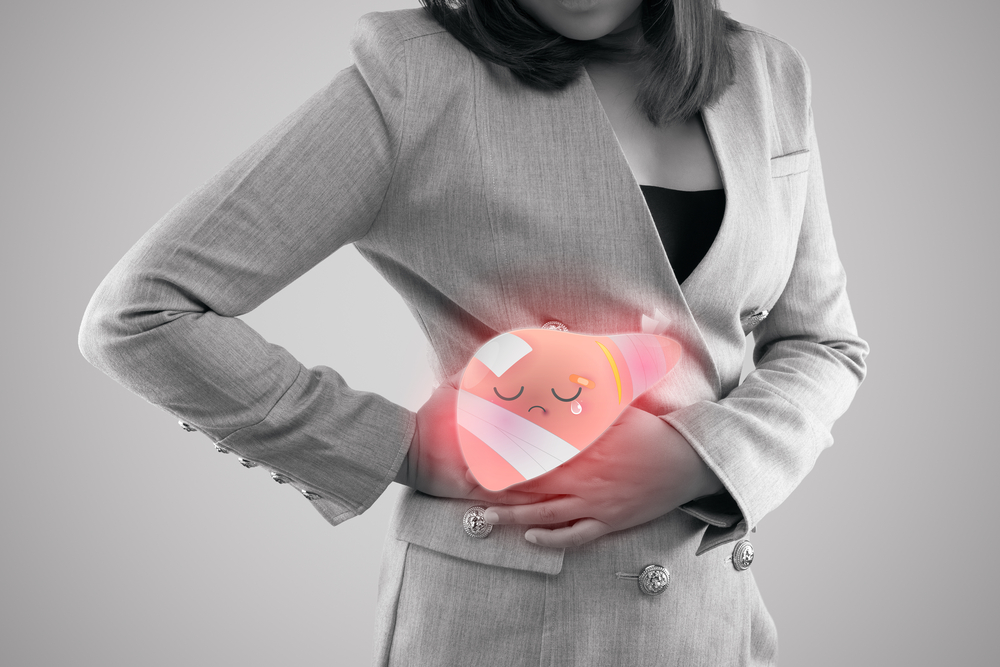How Depression Affects You & What are Depression Symptoms
Written By: Hazar Zreik
Updated On:December 26, 2023

What is Depression?
Depression is a complex mental disorder that causes a person to be in a bad mood, and that often leaves them in a negative state of mind where they feel desperate. Some depression symptoms can be a temporary reaction to the loss of someone or a traumatic experience. However, when the side effects last longer than fourteen days, it tends to be an indication of a genuine depressive disorder
Symptoms of Depression
How would you know whether you are just sad or that you are suffering from depression? The primary concern to recall is that if you have been feeling discouraged for over fourteen days, you may have depression. Some other symptoms include:
- Discouraged state of mind on most days, including feelings of misery or emptiness
- Loss of joy in usually fun activities
- Insufficient or too much rest on most days
- Unintended weight loss or gain or changes of appetite
- Physical disturbance or sentiments of drowsiness
- Low energy or exhaustion
- Having a hard time concentrating or deciding on anything
- Thoughts of death or suicide
The side effects differ among people and may change over time. For a specialist to analyze depression, an individual must have at least five symptoms that appeared in a 2-week period.
Depression Symptoms amongst Children
Depression might be progressively harder to identify in children who cannot express the symptoms that they are feeling. The behaviour you need to pay special attention to include persistent clinginess, stress, and reluctance to go to class with no improvement over time. Kids may also be excessively irritable and negative.
How Does Depression Affect Your Daily Life?
Depression can have a strong effect on every aspect of your life, such as the way you sleep and eat, your education and career, your relationships, your health. People suffering from depression frequently have comorbid disorders, such as alcohol and drug abuse or other addictions. Depression does not only affect the patient, but also the people around him, such as his friends, his family, his co-workers. Moreover, depression may also affect your performance at work and your concentration. To sum up, depression can impact one’s personal, academic or/and professional life.
The Effects of Depression in Your Body
Depression is technically a mental disorder, but it also has a strong effect on your physical health. Clinical Depression can interrupt your day-to-day life and cause a ripple effect of additional symptoms on your entire body.
Central Nervous System
Older people may experience issues recognizing cognitive changes as it is quite easy to dismiss the indications of depression as identified with "getting older". According to the American Psychological Association, older adults who are suffering from depression have trouble with memory loss and reaction time during regular activities when compared to more youthful grown-ups with depression.
Symptoms of depression include strong anguish, grief, and a feeling of guilt. It might be described as a sentiment of void or misery. Crying might be a side effect of depression even though not every depressed person weeps.
You may also feel tired constantly or have trouble sleeping during the night. Additional symptoms include irritability, strong anger, and loss of enthusiasm for things that used to bring joy. Abnormal function of brain messengers (neurotransmitters), for example, serotonin, can change your pain tolerance. This implies that you become progressively sensible to pain, particularly back pain. Subsequently, depression can cause migraines, chronic body throbs, and pain that may not react to prescription.
Individuals with depression may have trouble keeping up an ordinary work routine or satisfying social norms. This could be due, for example, to the inability to concentrate on work-related problems and difficulty in making decisions. They can also suffer memory losses.
A few people who are depressed may resort to alcohol or medications, which would make them more vulnerable to reckless behaviour. Someone with depression may deliberately abstain from discussing his issues or attempt to cover them. Individuals who suffer from depression may end up attempting suicide or harming themselves.
Digestive System
Depression may play a substantial part in impacting one’s appetite. Some depressed individuals can react by overeating. This can lead to weight increase and obesity-related illnesses. You may even lose your appetite completely or neglect to eat the correct quantity of food. An abrupt loss of enthusiasm for eating in older adults can prompt a condition called geriatric anorexia. Eating issues can provoke malnutrition, constipation and consequently weaken your body resistance to germs hence causing more serious diseases.
Cardiovascular & Immune Systems
Depression and stress are tightly related. Stress can increase your blood pressure and prompt coronary illness. Repeated cardiovascular issues are more connected to depression than to other conditions like smoking, diabetes, hypertension, and elevated cholesterol. Depression and stress may negatively affect the resistant framework, making you more and more vulnerable to contaminations and diseases.
Meet our doctors from the Psychiatry department



















